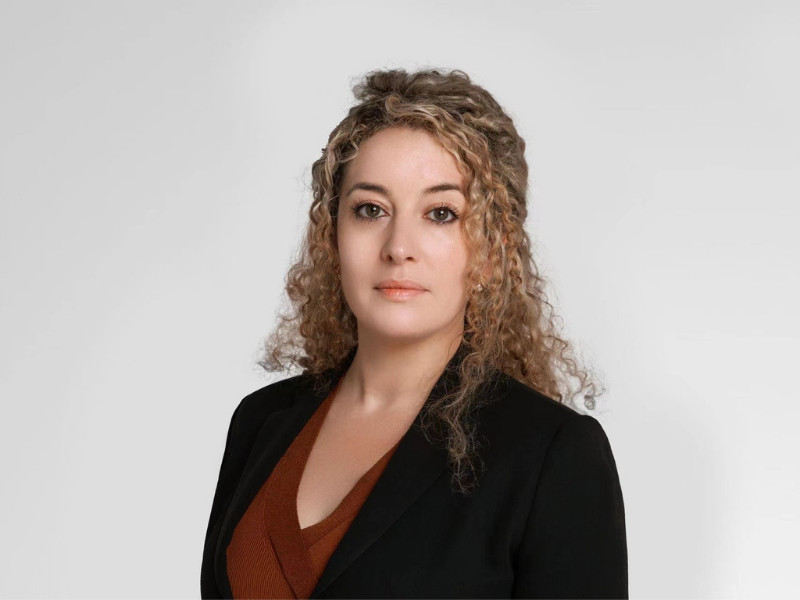Court of Appeal delves deep into legal advice privilege: CAA v R (Jet2.Com Limited) - (Blog 3)
18 Feb 2020
|

In a wide ranging decision concerning the principles applicable to legal advice privilege, the Court of Appeal has provided helpful guidance on the approach to be taken when ascertaining the status (privileged or not) to communications between multiple parties where one of the senders or recipients is a lawyer (CAA v R (Jet2.Com Limited)).
- For LAP to apply, the communication must have been sent for the dominant purpose of giving or obtaining legal advice (see our first blog in this series).
- For a multi-addressee email, the purpose(s) of the communication must then be identified. The scope of LAP (including the giving of advice in a commercial context, but “through a lawyer’s eyes”, and the concept of the continuum of communications) must be taken into account. If the dominant purpose is to settle instructions to the lawyer, then LAP will apply (subject to the Three Rivers exception: see our second blog on this point). If the dominant purpose is to obtain commercial input from non-lawyers, LAP will not apply, even if a subsidiary purpose is to obtain legal advice from lawyers.
- The response from the lawyer to that email will almost certainly be privileged if it contains legal advice (even if copied to one more than one addressee).
- The Court’s preferred view is that multi-addressee emails should be considered as separate communications between the sender and each recipient. Where the purpose of the email is simultaneously to obtain legal and non-legal advice, the form of request is unlikely to be relevant (save that it may of itself reveal the true purpose of the communication).
- There is merit in considering whether, if the email were sent to the lawyer alone, it would be privileged. If not, then none of the emails to the non-lawyers will be privileged. If so, then the question arises as to whether the emails to the non-lawyers are privileged.
- However, whether considered as a single communication or separate communications, the correct approach is that where there is a multi-address email seeking both legal and non-legal input, those to and from the lawyer will be privileged. Otherwise, they will not be privileged, unless the dominant purpose of the emails to non-lawyers is that of instructing a lawyer.
- Where a communication might realistically disclose legal advice, the communication will in any event be privileged.
- The same principles as set out above apply to meetings and the records/minutes of meetings.




